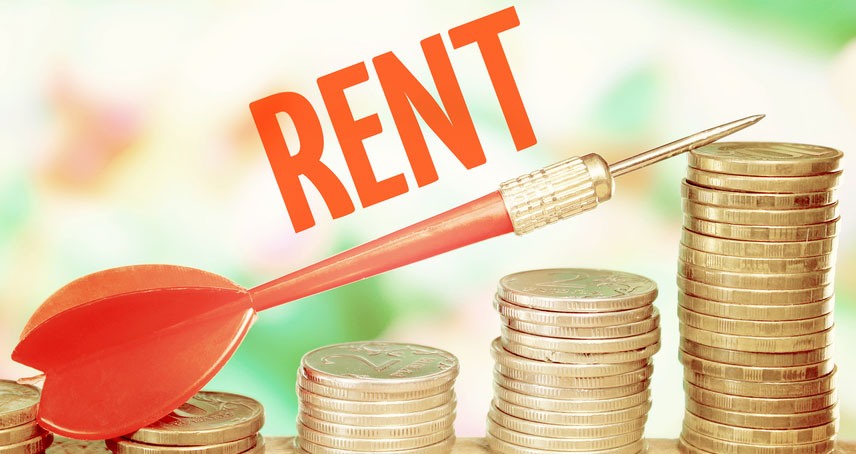Rent increases are a common aspect of the landlord-tenant relationship, but they can be a source of anxiety and confusion for both parties. As a landlord, it’s essential to understand when and how to raise rents while adhering to legal requirements and maintaining good tenant relations. In this guide, we’ll explore the rules and best practices surrounding rent increases in New Zealand.
When Can You Increase Rent?
In New Zealand, landlords must follow specific rules when increasing rent. Here are the key considerations:
1. Fixed-Term Tenancies:
During a fixed-term tenancy, the rent cannot be increased unless the tenancy agreement includes a clause allowing for increases, and the conditions specified in the agreement are met. If there’s no such clause, the rent remains the same for the duration of the fixed term.
2. Periodic Tenancies:
For periodic tenancies (tenancies without a fixed end date), landlords can increase the rent after providing the tenant with 90 days’ written notice. This notice must comply with legal requirements, including specifying the new rent amount and the date it takes effect.
How Much Can You Increase Rent By?
The Residential Tenancies Act 1986 sets out the maximum allowable rent increase. As of my last knowledge update in September 2021, this increase is typically limited to once every 12 months. However, it’s crucial to verify the current regulations with the Tenancy Services as rules may change over time.
Best Practices for Raising Rents:
While you may have the legal right to increase rent, it’s essential to approach it thoughtfully to maintain positive tenant relations:
1. Provide Ample Notice:
Always provide the required notice period, which is currently 90 days for periodic tenancies. This allows tenants time to adjust to the change.
2. Be Transparent:
Clearly communicate the reason for the rent increase, whether it’s due to rising property costs, market conditions, or improvements to the property.
3. Be Fair and Competitive:
Ensure your proposed rent increase is reasonable and competitive with similar properties in the area. Overpricing can lead to tenant turnover.
4. Maintain a Good Relationship:
Open communication is key. Discuss the increase with your tenants and be open to negotiation if necessary.
5. Document Everything:
Keep records of all communication and notices related to the rent increase. This documentation can be valuable if any disputes arise.
6. Seek Legal Advice:
If you’re unsure about the rules or the rent increase process, consider seeking legal advice or consulting a property management professional.
Conclusion:
Understanding when and how to raise rents is essential for landlords in New Zealand. By following legal requirements and best practices, you can navigate the rent increase process while maintaining positive tenant relations. Remember that rent increase rules may evolve, so it’s crucial to stay informed and up-to-date with the latest regulations.
Disclaimer: This blog provides general information about rent increases in New Zealand as of my last knowledge update in September 2021. Rental laws and regulations may change, so always consult the latest resources and consider legal advice if needed.



